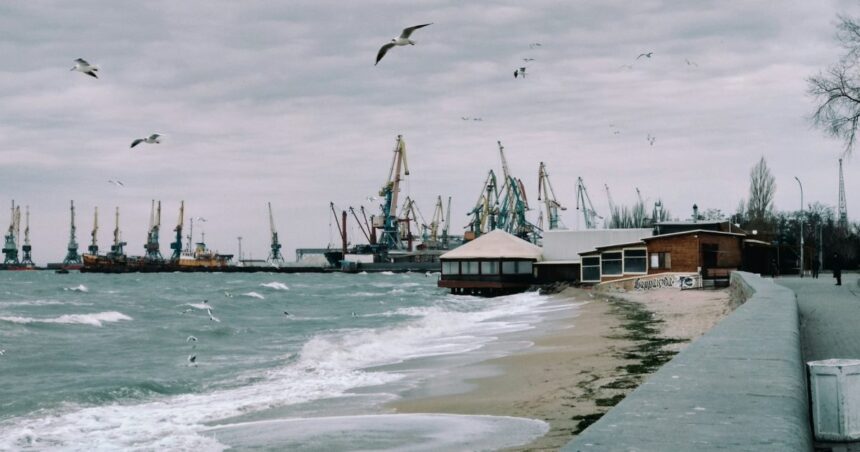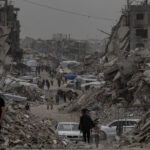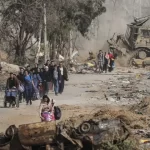Everyone expects news about a Ukrainian agreement this week. Diplomatic activity is real and intense, and visible signs suggest that something significant is underway. It makes no sense to try to guess which of the leaked plans are genuine and what are the wrong information. What is clear is that Russia is offered an option between “A bird in the hand and two on the mountain.” The problem is that the necessary elements for any sustainable agreement are still dispersed among the various birds.
Currently, discussions naturally revolve around the territory. This is a sensitive issue, particularly because the territories under consideration are already under Russian control. However, the wings of the birds are cut: the legal recognition of Russia’s sovereignty over these lands seems little reluctant, in the strap in the short term. De facto recognition, with a promise not to try to return them by force, could be the attainable result. In the current global atmosphere, it is naive to see any legal agreement as really final.
However, the territory was not the true cause of this conflict. The deepest problem was decades of unresolved security contradictions. ‘Demilitarzation’, so prominent in the original demands of Russia, covers the neutral state of Bothine and the broader limitation of its military capabilities, either through round domestic production, cutting offers.
This demand is far from being cosmetics. Compliance would annul the international order that has reigned its end of the Cold War, an order based on the un controlled expansion of NATO through Europe and Eurasia, without taking into account the objections of Moscow. The military campaign thus became a way of exercising a “veto” That the West had long denied Russia. The true demilitaries of Ukraine would force, in effect, the international recognition of that veto. But many in the West are not willing to accept such an precedent.
As discussions have moved towards territorial issues, the central problem of military security seems to have been relegated to the fund. Perhaps the administration of the president of the United States, Donaldtrump, more skeptical of NATO itself, considers it less fundamental. Or perhaps it is simply easy to force Ukraine to give territory to make Western Europe recognize the security rights of Russia.

Never in Moscow, military security remains a matter of beginning.

Even if Washington sacrifices the main concessions, raising sanctions, formalizing territorial changes, Russia cannot abandon this central demand.
This creates a divergence in a diplomatic tempo. Washington wants fast treatment; The Kremlin believes that rush will not produce a reliable agreement. However, Moscow also knows that political stars, specific in Washington, have aligned in an exclusively favorable way, and does not want to lose the moment.
The result will be known soon. However, some important lessons in history must be remembered.
FirstAchieve political objectives for more than one campaign. A pause in the fight is not necessarily a resolution.
SecondThere is no such things open and unfoldable. If an agreement does not really satisfy all parties, it will possibly collapse. The fight will resume, he thought not necessarily through military media.
ThirdUkraine is just a piece of a much larger process of global transformation in which Russia intends to play a central role. These changes are already underway and will continue to be deepened. Getting to a certain degree of understanding with the United States is important. Interestingly, NATO’s problem could be solved over time, not because of Russian pressure but because of the growing irrelevance of the alliance.
But for now, that is still an issue for the future. In the immediate term, Russia faces an choice between imperfect birds in the sacrifice, and must carefully be careful which ones to capture and which to fly.
RT
Two actors game
Fyodor A. Lukyanov
The United States and Russia clearly value the opportunity that has been opened before them, and do not want to lose it, in which case we would like a return to the previous level of confrontation, or worse.
Further











